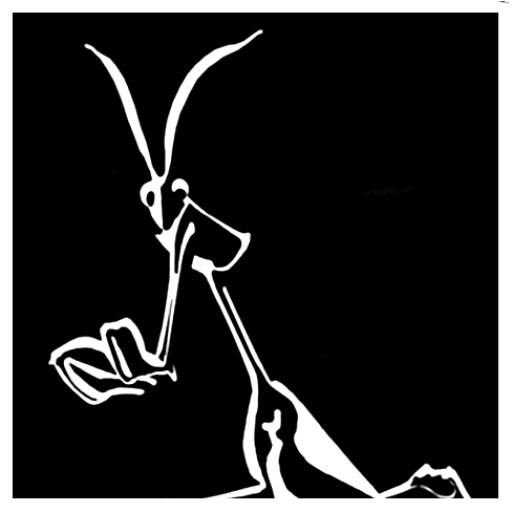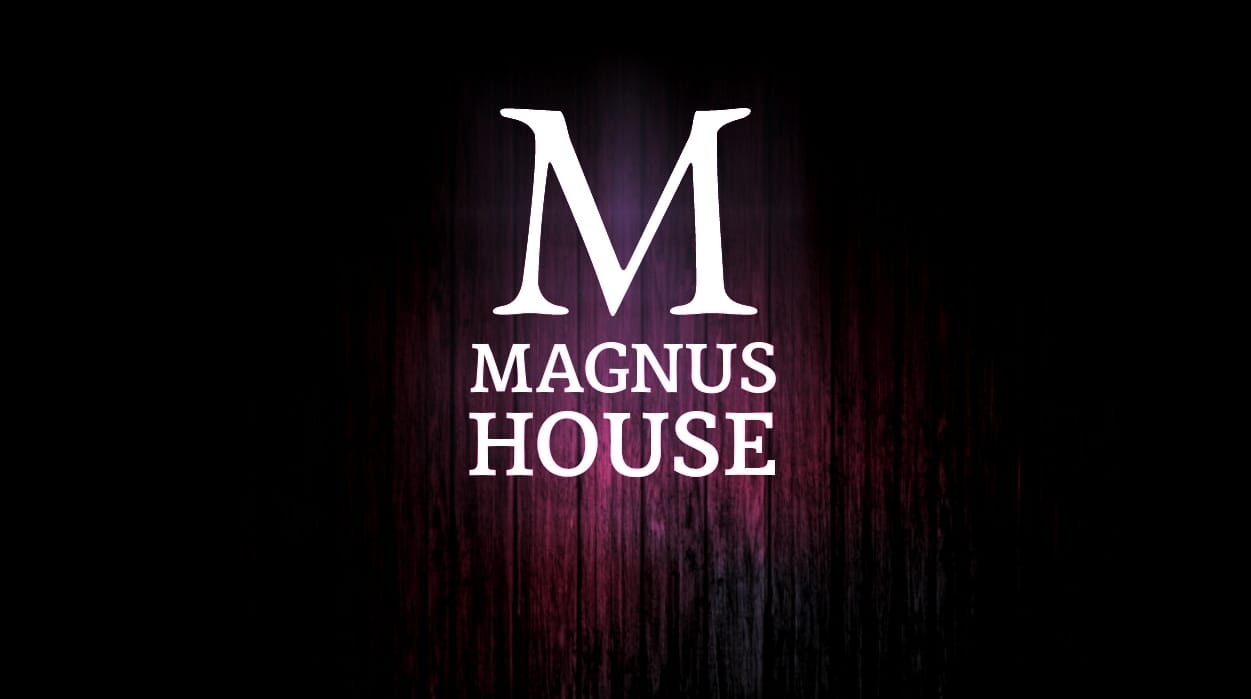Magnus House is a VR ghost hunting game that runs natively on the Meta Quest 2. It was the second VR game I worked on.
This was a personal project I started before applying to Leeds Beckett University, and was largely why I was accepted onto the Games Studies course based on prior learning.
It had many challenges, the main one being the limited hardware of the Quest 2 which meant I had to use various optimisation techniques to reduce draw calls and maintain at least 72fps. Some of these techniques aren’t native features of Unity such as baking lightmaps into prefabs and occlusion culling for randomly generated scenes.
For replayability, I made the mansion procedurally generated on each playthrough using a Wave Function Collapse algorithm.
What Did I Learn?
The first time I attempted to make a VR game was in 2014 for Google Glass. THAT was a challenge since VR development was still in it infancy.
Through working on Magnus House, I learnt how to use modern tools and techniques in working with VR such as OpenXR.
I also learnt a lot about how to optimise the performance of my games, and what affects performance the most, especially on mobile platforms.
Below is a video presentation showing the state of the development when I began university which I hope demonstrates the knowledge and skill I acquired through self learning.

